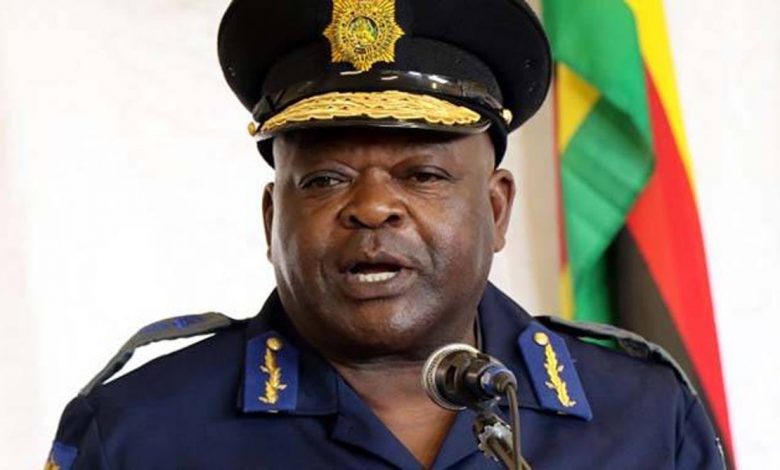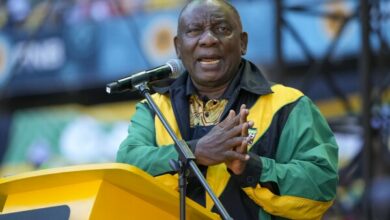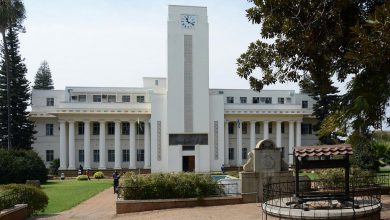UK slaps four Zim security chiefs with sanctions

The United Kingdom (UK) has slapped four Zimbabwean security chiefs who have been fingered in human rights violations since President Emmerson Mnangagwa came into office in November 2017 with the former colonial master saying it seeks to hold the ‘new dispensation’ to account.
The UK said the human rights violations perpetrated against Zimbabweans include a state-sponsored crackdown against protests in January 2019 that resulted in the deaths of 17 Zimbabweans and post-election violence in August 2018 in which six protestors lost their lives.
The four individuals on the fresh sanctions list are Owen Ncube, Minister for State Security, Isaac Moyo, Director General of the Central Intelligence Organisation, Godwin Matanga, Commissioner General of the Zimbabwe Republic Police and Anselem Sanyatwe, former Commander of the Presidential Guard and Tactical Commander of the National Reaction Force.
The sanctions are the first of their kind since Britain exited the European Union (EU) – Brexit which came into effect on December 31 last year.
In early 2000 the EU and the United States imposed sanctions on a number of top government officials citing human rights abuses in the land reform exercise.
While the US sanctions remain in place, the EU has since relaxed the embargo.
In a statement released Monday, British Foreign Secretary Dominic Raab, said the sanctions go hand-in-hand with UK efforts to hold the government of Zimbabwe to account and to make good on its promise to deliver much-needed crucial reforms.
He said the Zimbabwean security sector chiefs were responsible for serious human rights violations – including the deaths of 23 Zimbabwean protestors – hence have been designated under the UK’s new autonomous sanctions regime
“Today’s announcement ensures these individuals cannot freely: travel to the UK, channel money through UK banks or profit from our economy,” said Raab.
“These restrictive measures are not targeted at, nor intended to impact, the wider economy and the people of Zimbabwe. Following the UK’s departure from the European Union and the end of the Transition Period, the UK can now pursue an independent sanctions policy reflecting our foreign policy and national security interests.”
He further explained: “These sanctions send a clear message that we will hold to account those responsible for the most egregious human rights violations, including the deaths of innocent Zimbabweans. These sanctions target senior individuals in the government, and not ordinary Zimbabweans. We will continue to press for the necessary political and economic reforms that will benefit all Zimbabweans.”
He said the UK’s autonomous Zimbabwe sanctions regime seeks to encourage the government of Zimbabwe to respect democratic principles and institutions; refrain from the repression of civil society; and to comply with international human rights law and to respect human rights.
“These sanctions are in addition to our work to hold the government of Zimbabwe to account in implementing genuine political and economic reforms that benefit all Zimbabweans,” he said.
“Contrary to claims by those who seek to stop institutional reform and respect for human rights in Zimbabwe, these sanctions will not deter investment into the country. Instead, UK investors repeatedly highlight three concerns that prevent them from investing in Zimbabwe: poorly-managed currency; arbitrary property rights and the legal system.”
Raab said the UK would continue to support the Zimbabwean people through the aid programme, focusing on tackling poverty, humanitarian assistance, standing up for human rights and supporting Zimbabwe’s recovery from the Covid-19 pandemic.






